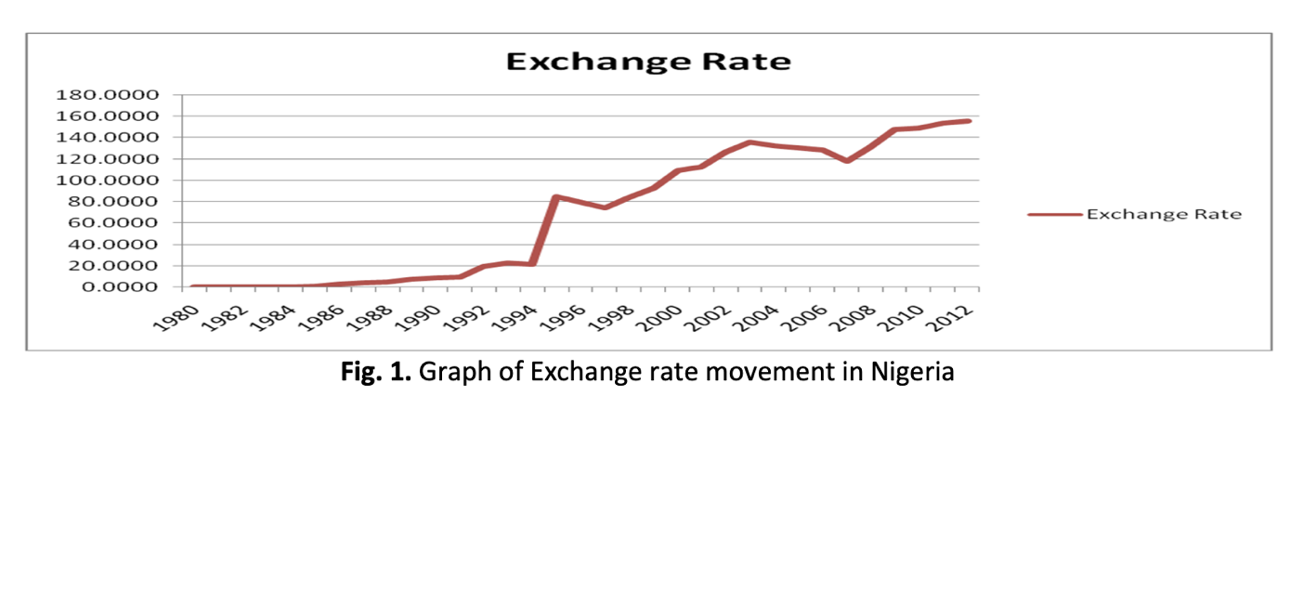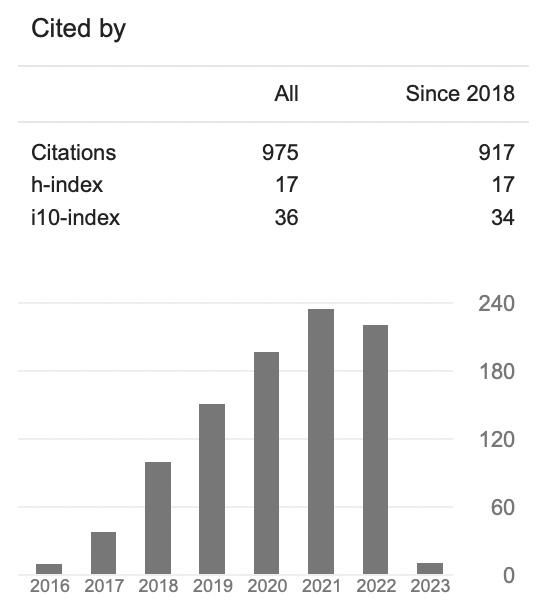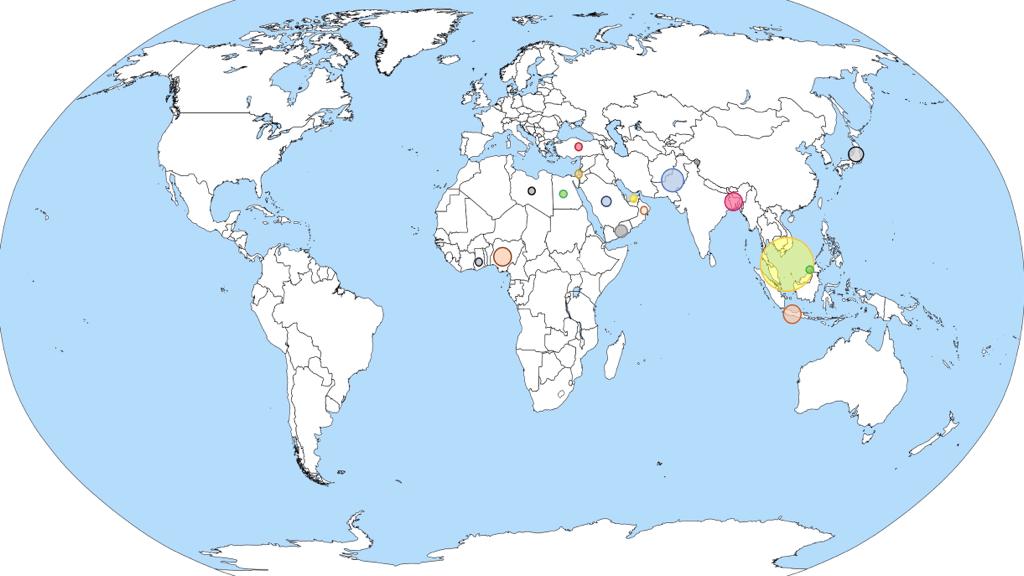Monetary Policy and Inclusive Growth: Evidence from Nigeria
Keywords:
Nigeria, monetary policy, inclusive growth, exchange rate, fiscal policiesAbstract
The growing importance of monetary policy to governments has made an investigation of the relationship between money supply and inclusive growth in Nigeria necessary with the VAR framework employed to analyze the linkage between them. The results provided evidence that exchange rate and money supply have a significant impact on growth through unemployment and that ineffective monetary policy to stem the volatility in the exchange rate, as well as macroeconomic shocks, is responsible for non–inclusiveness of the growth experienced in the economy over the years. The economy’s absorptive capacity is so low that the economic growth experienced in the economy could not trickle down to improve the lots of the people. Therefore, it is recommended that there should be harmony between fiscal and monetary policies as expansionary monetary and fiscal policies in the past tend to worsen exchange rate depreciation. Further, monetary and fiscal policies need be coordinated appropriately and harmonized to achieve macroeconomic stability especially whereby monetary policy adjusts passively to the expansionary fiscal operations of the government. Since government spending has a direct relationship with the exchange rate, it is necessary to rationalize and restructure government expenditure towards productive activities and significantly discourage fiscal deficits.













